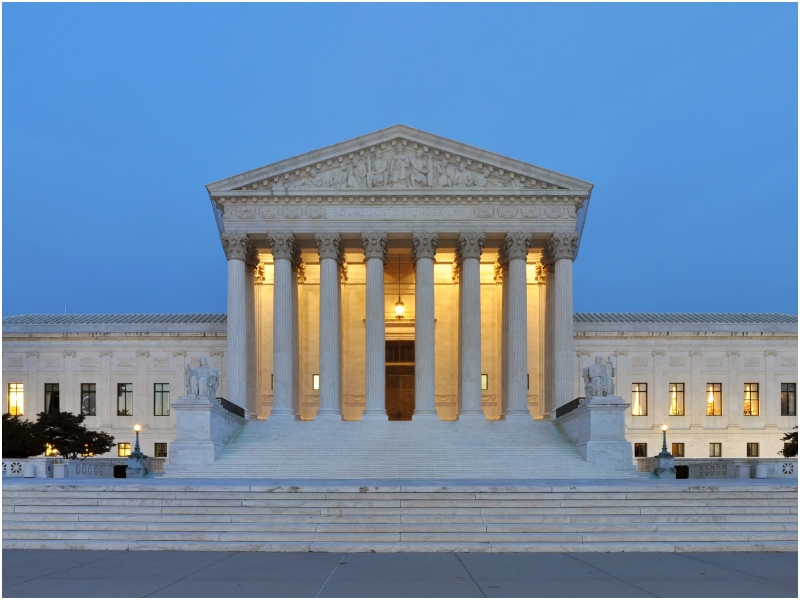The Supreme Court opted to sidestep a decisive verdict on Monday, July 1, 2024, in two cases challenging state laws aimed at regulating social media platforms’ ability to moderate content.
This move leaves unresolved a contentious issue over the platforms’ free speech rights.
In a move that underscored the complexity of balancing digital speech regulations with constitutional protections, the justices unanimously agreed to remand the cases to lower courts for further review.
The laws in question, enacted by Florida and Texas, differ in scope but share a common aim to restrict how platforms moderate user-generated content.
Justice Elena Kagan, writing for the majority, emphasized that neither of the lower courts had adequately addressed the First Amendment implications of the Florida and Texas laws.
The rulings effectively maintain the status quo, with the laws temporarily halted pending further judicial scrutiny.
“While the state laws remain in limbo, so too do the challenges to their constitutionality,” Justice Kagan remarked. “The First Amendment demands rigorous analysis before such laws can be implemented.”
The Florida law prohibits social media platforms from permanently banning political candidates in the state, while the Texas law prohibits platforms from removing content based on users’ viewpoints.
These legislative measures were prompted by allegations of bias against conservative viewpoints, particularly following the platforms’ actions after the January 6, 2021 Capitol attack.
The Supreme Court’s decision drew varied responses, reflecting the polarized perspectives on digital speech regulation.
Chris Marchese of NetChoice, a trade group opposing the laws, expressed satisfaction with the court’s acknowledgment of their First Amendment arguments.
Conversely, Florida Attorney General Ashley Moody indicated resolve in defending the state’s laws, despite her disagreement with aspects of the Supreme Court’s decision.
The Biden administration supported the social media companies in these cases, underscoring the federal interest in balancing free speech protections with evolving digital landscapes.
Justice Kagan also highlighted the rapid evolution of internet dynamics and the challenges it poses for traditional legal frameworks. She noted the platforms’ significant role in content curation and the need for nuanced judicial oversight.
The implications of the Supreme Court’s decision extend beyond Florida and Texas, setting a cautious precedent for other states considering similar legislation.
The unresolved nature of these cases leaves open the broader question of how courts will navigate the intersection of free speech and digital platforms in the future.

